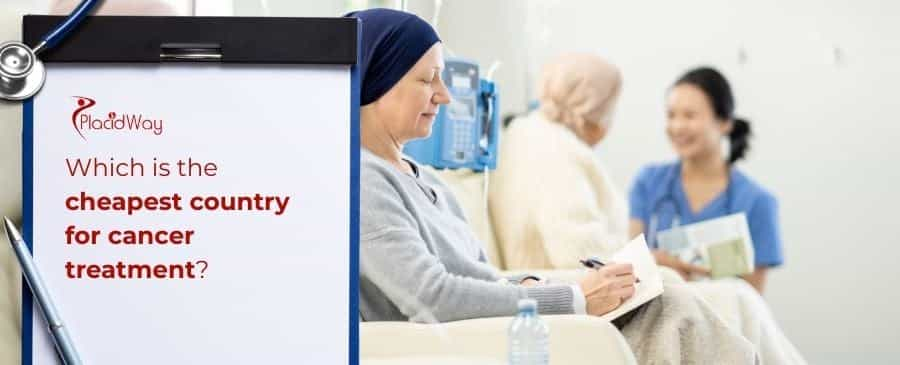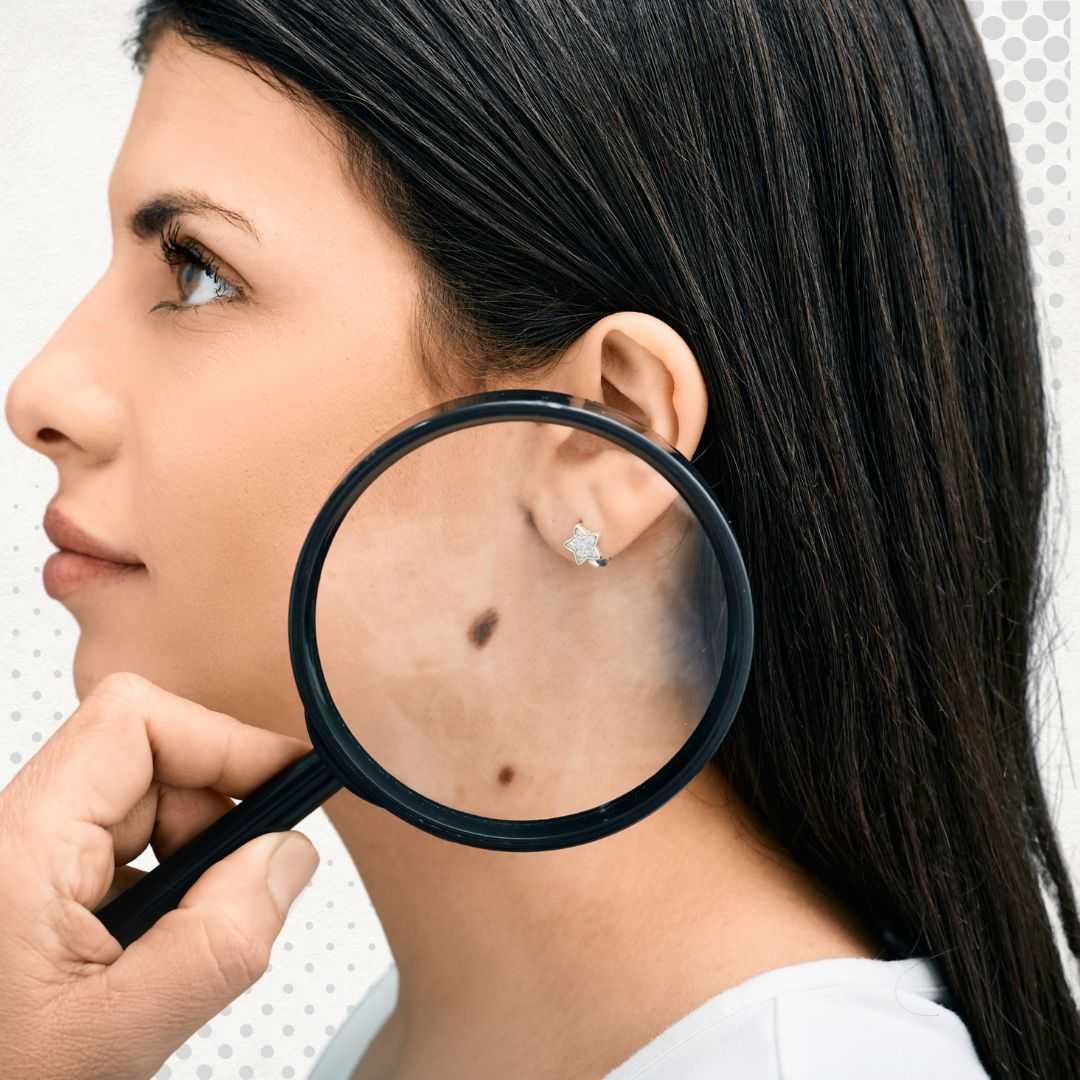Why Do Patients Seek Cancer Treatment Abroad?

Facing a cancer diagnosis is an immense challenge, and the financial burden of treatment can add an overwhelming layer of stress. In countries like the United States, the cost of oncology care can be astronomical, leading many patients to search for more accessible options abroad. This often brings up a very practical question: "How much does cancer treatment cost?"
While this query is born from a place of necessity, it's critical to understand that when it comes to cancer care, "cheapest" can be the most dangerous word in your vocabulary. The goal of this guide is to answer your question about cost, but more importantly, to reframe your search from the "cheapest" price to the "best value."
True value in oncology is finding world-class, state-of-the-art care at an affordable price, without ever compromising on safety or the quality of the medical team.
This 2025 guide will explore the countries known for affordable cancer care, break down the critical differences between a "cheap" provider and a "high-value" one, and provide you with the essential tools to vet an international hospital, ensuring your journey for oncology abroad is a safe one.
Why Price Should Not Be the #1 Factor in Choosing Cancer Care
Unlike elective procedures, cancer treatment is a fight for your life. The effectiveness of your treatment depends on a multitude of complex factors that have significant baseline costs. Choosing a provider based on the lowest price can expose you to severe risks:
- Outdated Technology: Using older-generation radiation machines that are less precise and may cause more damage to healthy tissue.
- **Limited Expertise: Being treated by a general oncologist instead of a sub-specialist who is an expert in your specific cancer type (e.g., lung, breast, prostate).
- Substandard Medications: Potential use of less effective generic drugs or an inability to access the latest targeted therapies or immunotherapies.
- Lack of Integrated Care: Not having a "tumor board" where surgeons, medical oncologists, and radiation oncologists collaborate to create the optimal, personalized treatment plan.
An ineffective treatment, no matter how cheap, is worthless. The focus must be on finding the highest standard of care at the most affordable price possible.
The Difference Between 'Cheap' and 'High-Value' Oncology Care
Understanding this distinction is the key to a safe medical tourism journey. A high-value cancer center offers affordability without sacrificing quality.
| Factor | High-Value Center | 'Cheap' (High-Risk) Center |
|---|---|---|
| Accreditation | Holds JCI accreditation (the global gold standard). | No independent, international accreditation. |
| Doctors | Board-certified sub-specialists, often with U.S./E.U. training. | May be general doctors with limited oncology experience. |
| Technology | Invests in modern, brand-name equipment (e.g., TrueBeam, PET/CT). | Uses older, less precise, or refurbished equipment. |
| Approach | Multidisciplinary tumor board reviews cases. | A single doctor makes all decisions. |
Which Countries are Known for High-Value, Affordable Cancer Treatment?
These countries offer a compelling combination of quality and affordability:
- Turkey: Istanbul and Ankara are home to a large number of JCI-accredited hospitals with advanced cancer centers. They have invested in the latest radiotherapy technology and are known for their experienced surgical oncologists.
- India: While quality varies, the premier JCI-accredited corporate hospital chains in major cities like Delhi, Mumbai, and Chennai are world-class and offer some of the most affordable prices globally for complex procedures. Diligent research to find these top-tier hospitals is essential.
- Mexico: An excellent, convenient option for North Americans. Top JCI-accredited hospitals in Monterrey and Tijuana have many U.S.-trained oncologists and offer advanced care that is on par with U.S. standards.
- Thailand: Known for its premier, JCI-accredited private hospitals like Bumrungrad International in Bangkok. These facilities have outstanding comprehensive cancer centers and are renowned for their international patient services.
How to Vet an International Cancer Center for Your Specific Needs
Your safety depends on your due diligence. Follow these steps:
- Confirm JCI Accreditation: This is the most important first step. Go to the official Joint Commission International website and verify the hospital's accreditation status.
- Request a Medical Second Opinion: A reputable international hospital will have a process for reviewing your medical records remotely. Their oncology team can then provide a recommended treatment plan and a detailed, itemized cost estimate.
- Research the Medical Team: Look up the credentials of the lead oncologists for your case. Look for board certifications, international training (U.S. or European fellowships), and publications or expertise in your specific type of cancer.
- Ask Specific Questions About Technology: Ask for the model of their radiation machine or if they offer specific minimally invasive surgical options. A top center will be proud to share this information.
A cancer diagnosis requires exploring every possible option for the best care. Placidway is a global leader in medical access, connecting patients with a network of JCI-accredited international hospitals and renowned cancer centers.
Explore your options, gather information, and request second opinions from world-class specialists to make an informed decision about your treatment path.


.png)









Share this listing